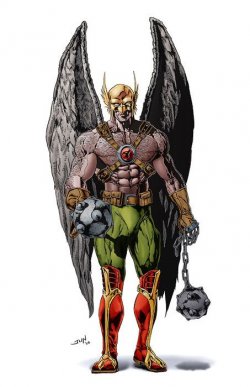barryqwalsh
Gold Member
- Sep 30, 2014
- 3,397
- 250
- 140
The number of Americans who claim no religious affiliation has grown to nearly a quarter of the adult population according to a report by the Pew Research Center. One of its authors Jessica Martinez explains the trends and how they affect the religious landscape of the United States.
Audio
BBC Radio 4 - Sunday Good Religious Leaders Extremism Is America Losing Its Religion
Audio
BBC Radio 4 - Sunday Good Religious Leaders Extremism Is America Losing Its Religion

 But I think it probably has more to do with living in a quick information age where people can do more research and do it easier and faster. The recent surge in the popularity of critical scholarship about the Bible is probably contributing to that as well. Reading what scholars have to say abut the Bible is a great thing, but it can often cause people to really question their belief system. That's actually a good thing too, but what happens a lot is that people read scholarship and instead of simply adjusting their view of religion to accommodate new learning they throw the whole thing over their shoulder and walk away from it completely. That is a shame, because scholarship can, and ought to, enhance faith not destroy it.
But I think it probably has more to do with living in a quick information age where people can do more research and do it easier and faster. The recent surge in the popularity of critical scholarship about the Bible is probably contributing to that as well. Reading what scholars have to say abut the Bible is a great thing, but it can often cause people to really question their belief system. That's actually a good thing too, but what happens a lot is that people read scholarship and instead of simply adjusting their view of religion to accommodate new learning they throw the whole thing over their shoulder and walk away from it completely. That is a shame, because scholarship can, and ought to, enhance faith not destroy it.
